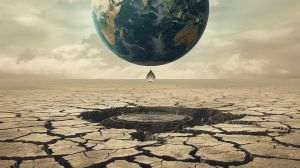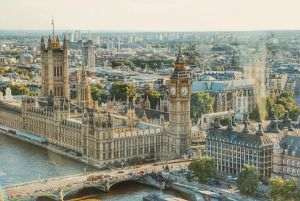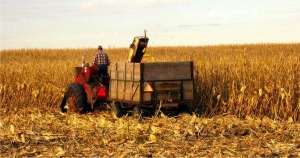Fighting nature is very complicated, no matter how much technology has advanced. The metropolitan area of Barcelona, Spain's second largest city, has been placed under a state of emergency by local authorities due to the historic drought affecting this region in the north-east of the country, where water reserves have dropped to a critical level. . This decision, announced by the president of the Catalan regional government, Pere Aragones, will result in new water consumption limits for a total of 6 million inhabitants, with severe restrictions especially for industry and agriculture. "Catalonia is suffering from the worst drought in the last century. We have never faced such a long and intense episode since we started keeping rainfall records," explained Pere Aragones in a press conference, stressing that the lack of rain has lasted for more than three years. Catalan authorities have been preparing public opinion for several weeks, announcing that a state of emergency was to be declared if the level of the reservoirs, which store rainwater for use in the drier months, fell below 16%. However, this level has been reached in recent days, as persistent dry weather has accentuated the soil drought, which was already extreme on the Mediterranean coast, both in France and in Spain. Entering the first phase of the state of emergency, which includes three stages, will lead to major restrictions for agriculture, which will have to reduce its water consumption by 80%, and for industry. The maximum average consumption ceiling for residents of the 202 municipalities in the region affected by the restrictions has been slightly reduced and will be further reduced if the situation worsens. With the exception of a few municipalities where the pressure will be reduced, this measure will not lead to the interruption of tap water for the residents. Instead, there will be sanctions for localities that do not respect the maximum consumption threshold. The emergency plan also prohibits the refilling of pools, even if it is only to bring them up to functional standards, except for public sports facilities that conserve water at other levels. Also, the irrigation of green spaces is now prohibited, except for the use of non-potable water in public gardens and when the survival of trees is at stake. The same is true for washing cars. The Catalan regional authorities have not ruled out in recent weeks the possibility of supplying Barcelona with water brought in tankers.
Drought is causing big problems in the metropolitan area of a famous city
O.D.
English Section / 5 februarie 2024
























































